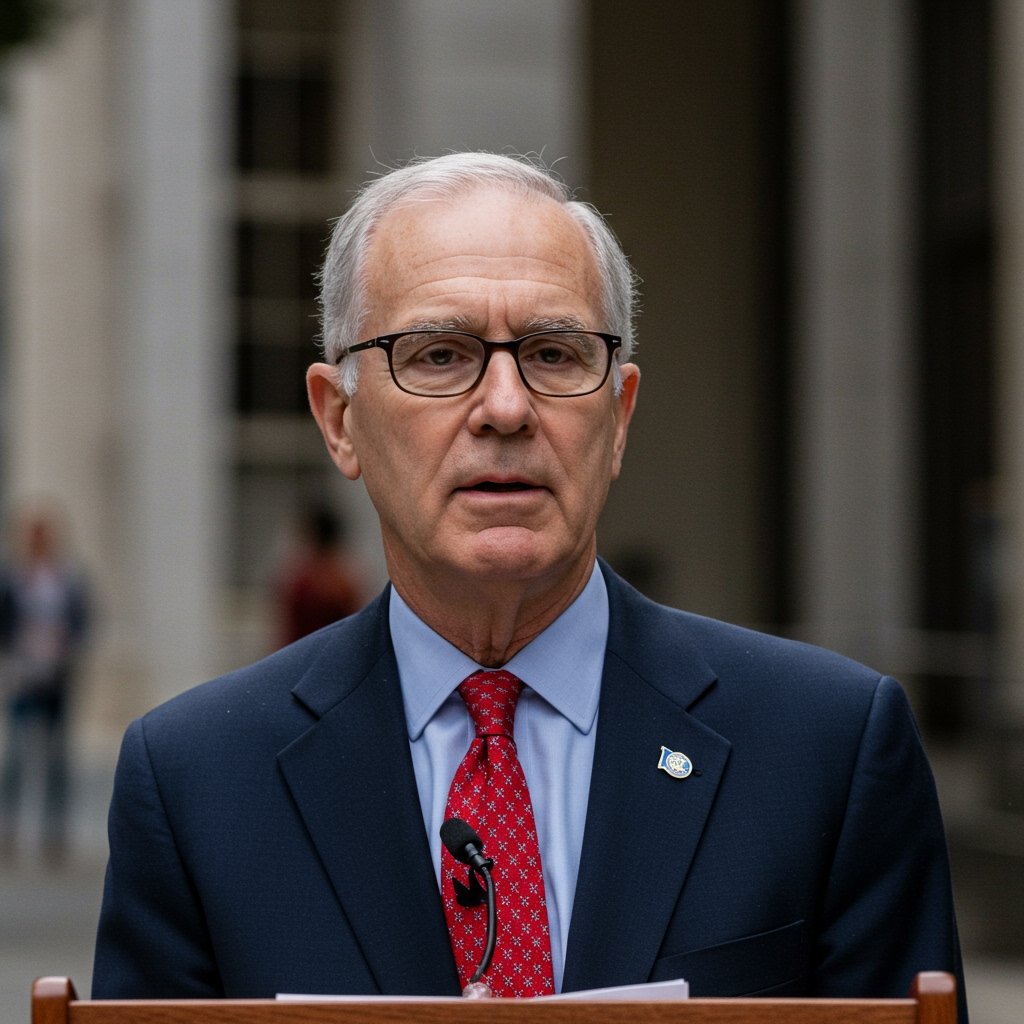State Watchdog Targets $5 Billion Climate Resilience Program
SACRAMENTO, CA – The California State Auditor’s office announced on March 18, 2025, the initiation of a formal and extensive investigation into the management and expenditure of funds derived from the federal West Coast Climate Resilience Act. This landmark legislation allocated a substantial $5 billion towards critical initiatives aimed at bolstering coastal protection measures and upgrading vital infrastructure along the Pacific coastline, much of which is directly relevant to California’s vulnerable shoreline.
The audit, sanctioned by the Joint Legislative Audit Committee, will focus its scrutiny on contracts awarded by various state agencies responsible for implementing the resilience projects. Specifically, the investigation will delve into the financial dealings and procurement processes of key entities, including the California Coastal Commission and the Department of Water Resources. The timeframe under review encompasses contracts awarded between 2022 and 2024, a period during which significant portions of the federal funding were disbursed and allocated.
Whistleblower Allegations Trigger Formal Investigation
The impetus for this comprehensive audit stems directly from whistleblower allegations received by the State Auditor’s office. These allegations raise serious concerns regarding potential waste and favoritism in the awarding of contracts for climate resilience projects. The specific projects cited in the allegations are reported to total over $250 million, representing a considerable sum within the broader $5 billion federal allocation.
The nature of the allegations suggests potential deviations from standard competitive bidding practices, concerns about project necessity or effectiveness, or possible conflicts of interest that may have led to the inefficient use of public funds. Given the scale of the funding and the critical nature of the projects – designed to protect communities and ecosystems from the escalating impacts of climate change, such as sea-level rise and increased coastal erosion – the auditor’s office has deemed a thorough investigation necessary.
Ensuring Accountability and Transparency in Federal Spending
Auditor General Elaine Ramirez issued a statement outlining the objectives and importance of the probe. “Federal funding provided through the West Coast Climate Resilience Act is absolutely crucial for safeguarding our coastal communities and natural resources against the undeniable impacts of climate change,” stated Ramirez. “Our investigation aims to ensure that these significant funds are being managed with the utmost accountability and transparency.”
Ramirez emphasized that the audit would seek to verify that state agencies followed appropriate legal and procedural requirements when awarding contracts. The goal is to identify any instances of waste, fraud, or mismanagement and to provide recommendations to improve oversight and safeguard taxpayer dollars intended for these vital resilience efforts. “It is imperative that the public has confidence that every dollar is spent effectively to protect vulnerable areas,” she added.
Impact on Critical Coastal Resilience Efforts
The West Coast Climate Resilience Act funds are designated for a wide array of projects, including the construction of sea walls and levees, restoration of wetlands and dune systems that act as natural buffers, enhancement of storm drainage systems, and upgrades to critical infrastructure located in low-lying or exposed areas. These projects are vital for the long-term viability and safety of numerous coastal communities.
Vulnerable areas cited as examples of communities dependent on such funding include Half Moon Bay in Northern California, known for its scenic coastline and susceptibility to erosion, and Newport Beach in Southern California, a densely populated coastal city facing risks from sea-level rise and storm surges. The effectiveness and integrity of how these funds are spent directly impacts the future resilience of such places.
Scope and Process of the Audit
The audit team from the State Auditor’s office will undertake a detailed examination of relevant state agency records. This includes reviewing contract documents, procurement files, financial records, project scopes, and communications related to the awarding and management of resilience-focused contracts between 2022 and 2024. They will also likely interview state agency personnel, contractors, and potentially other relevant parties.
The investigation will seek to determine if contracts were awarded fairly and competitively, if project costs were reasonable, if work performed aligns with contract specifications, and if there is evidence supporting the allegations of waste or favoritism concerning the over $250 million in cited projects. The scope is comprehensive, aiming for a full picture of how a portion of the $5 billion federal investment has been utilized by the state.
Looking Ahead: Findings and Recommendations
Following the completion of the investigation, the State Auditor’s office will issue a public report detailing its findings. This report will include a clear assessment of the management of the West Coast Climate Resilience Act funds by the audited agencies during the specified period. It will highlight any deficiencies found and provide specific recommendations for corrective action.
The findings of this audit are anticipated with significant interest from state lawmakers, coastal communities, environmental groups, and the public. A transparent accounting of how these critical federal funds are being used is essential to maintaining trust and ensuring California is effectively preparing its coastline for the challenges of a changing climate. The state agencies involved are expected to cooperate fully with the auditor’s investigation as the process moves forward.


















